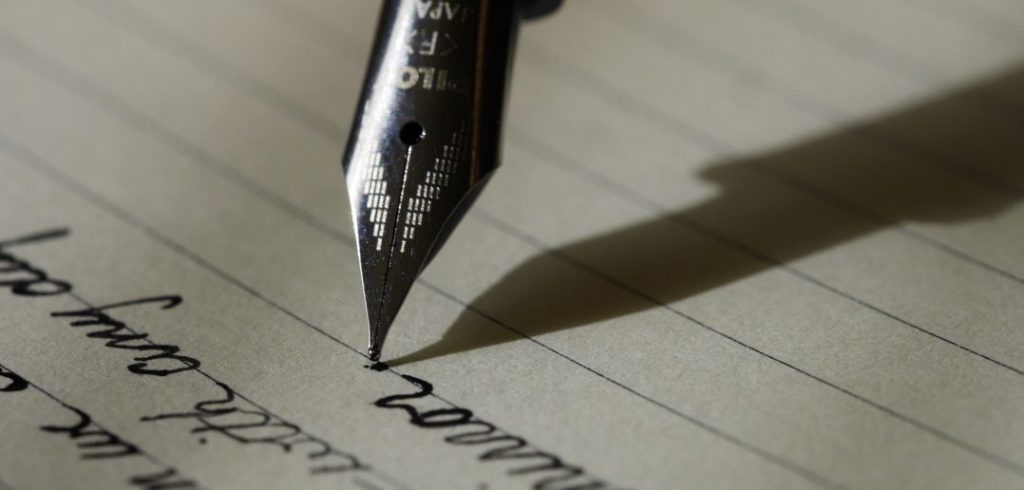Despite months of temperature checks, hybrid scheduling, and facemasks, the coronavirus has made its way to SIS. Closing down the campus for a week and sending nasal swabs up the nostrils of over 60 students and staff, this week has brought another unexpected twist to what has already been a year of wild turns. Thankfully no further cases developed , and students are expected to be back on campus next week for skills-based exams. So as we scratch off the remaining days of our two-week quarantine, let us take some time to regroup and reflect on the bullet we just dodged.
Both jaded from the ever-mounting infection counts on the news and swamped by the pressure of college applications, the EICs frankly had the coronavirus at the back of our minds. It was a problem for sit-down restaurants, night clubs, and religious cults to worry about. At SIS we were safe: our orange passes guaranteed it. Yet, with a single government text, we suddenly found ourselves writing this editorial not at our usual table at the back of Room M305, but while calling over Zoom. It became frightening to imagine that even a high-five could have sent us to the hospital.
For the TTONL editorial staff, the sudden lockdown was an important wake-up call that speaks to how the pandemic is still leaps away from being resolved. We hope it serves as a reality check for our readers as well because as we roamed the halls these past few weeks, it became apparent that as a collective student body, we did not hold ourselves to the same standards of caution and social distancing protocols that we had displayed earlier in the year. With students crowding the lounge areas, sharing drinks from the cafeteria, and not wearing their masks to fully cover their noses, there could have been plenty of opportunities for transmission.
Despite the global progress made in developing a vaccine and South Korea’s relatively successful management of the virus, we cannot afford to slip into complacency. While we certainly hope it will never happen again, our next coronavirus case might not pass over as quickly our first. Your social responsibility extends far beyond school grounds: even without reminders from teachers or those relentless emergency alerts, it is important to be more conscious of how your decisions may affect the health of others and the community as a whole. Our hopes are simple, but it will go a long way: wash your hands, stay six feet apart, and keep your masks up. We promise to do the same.

